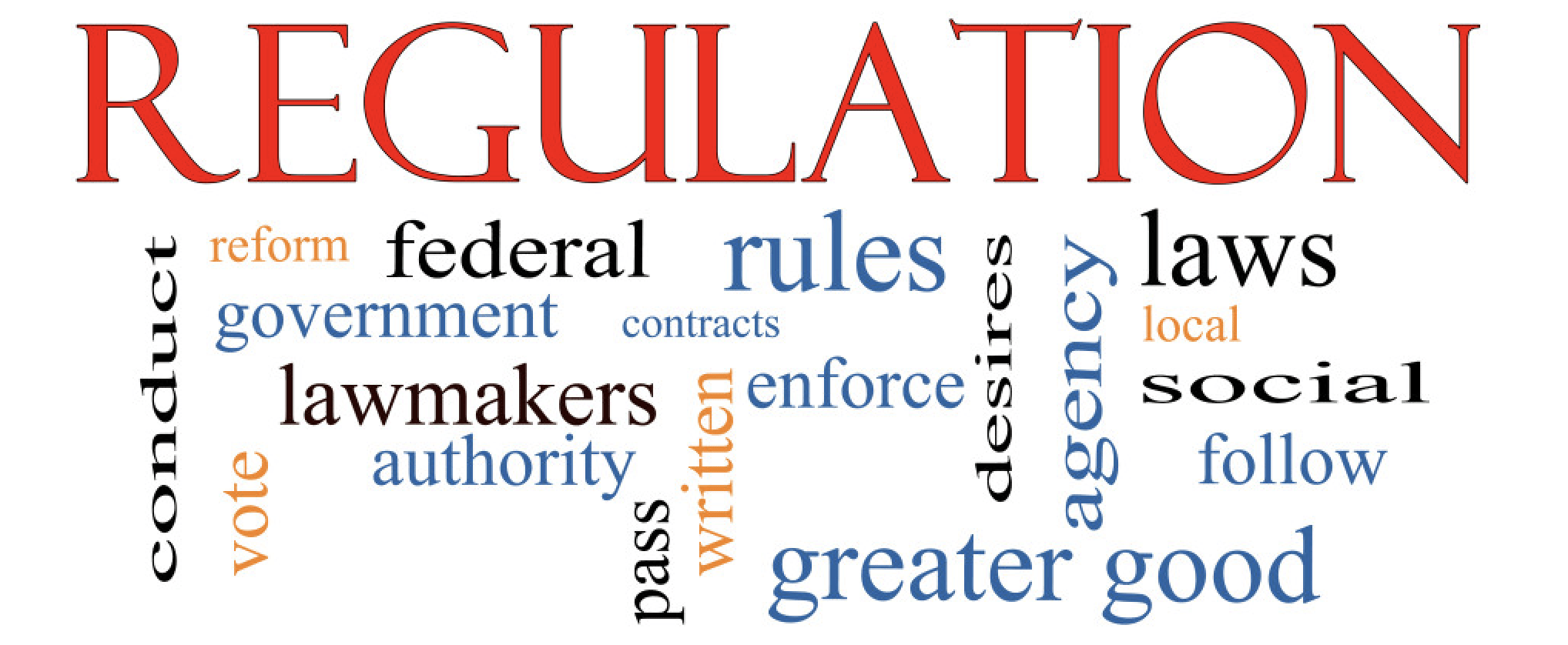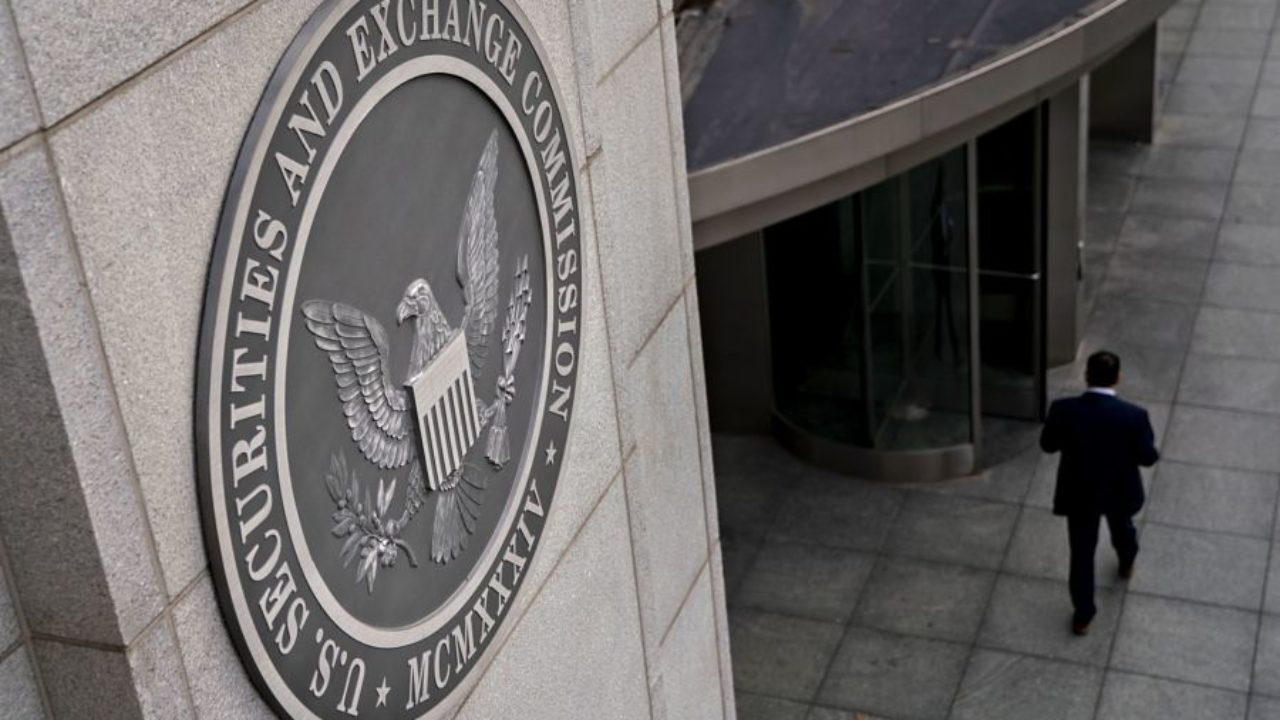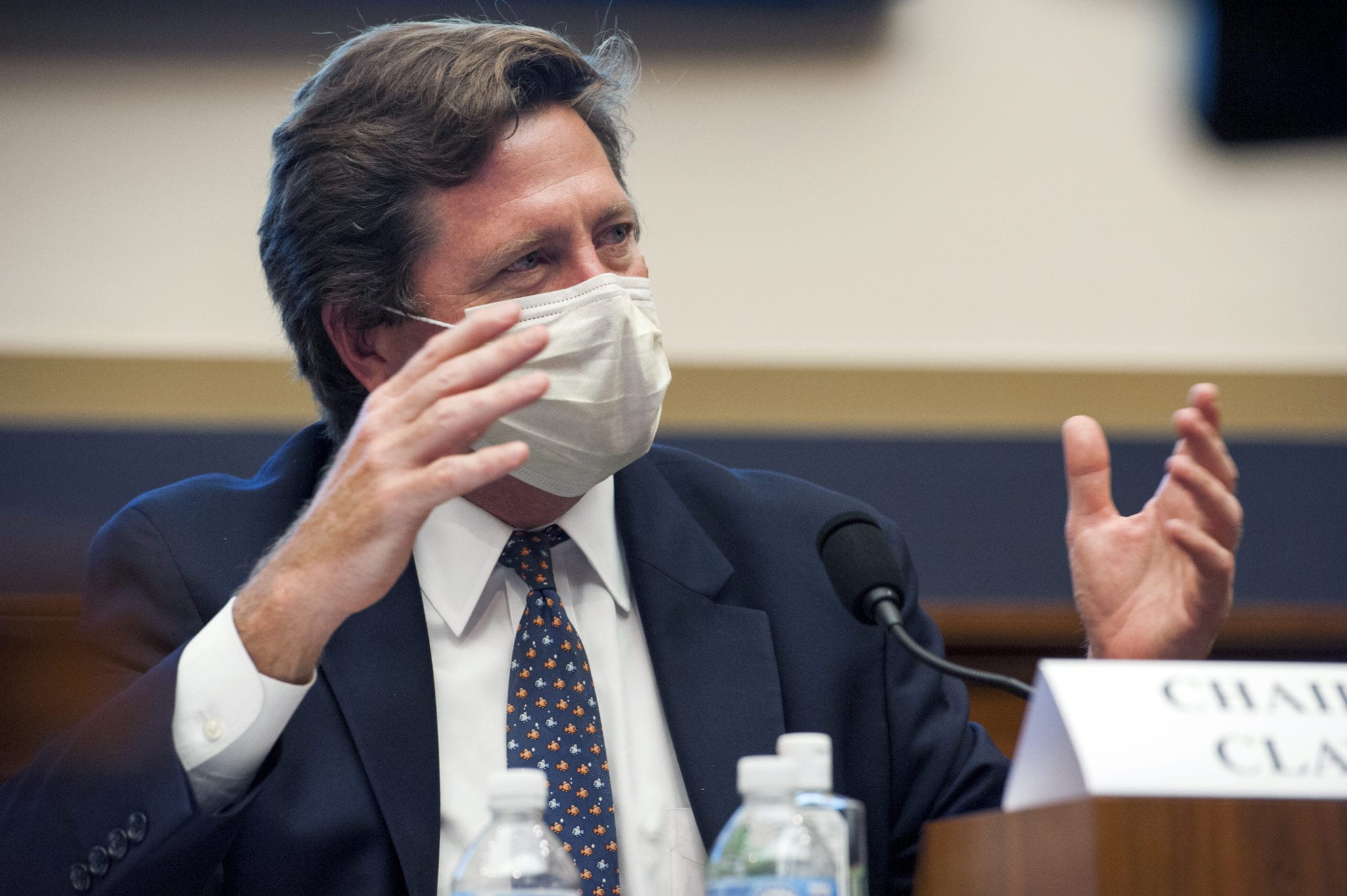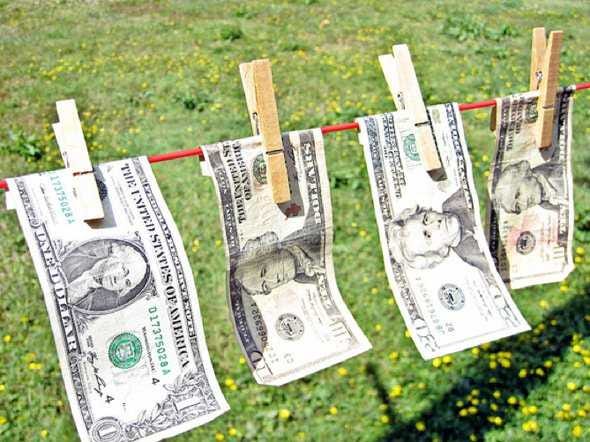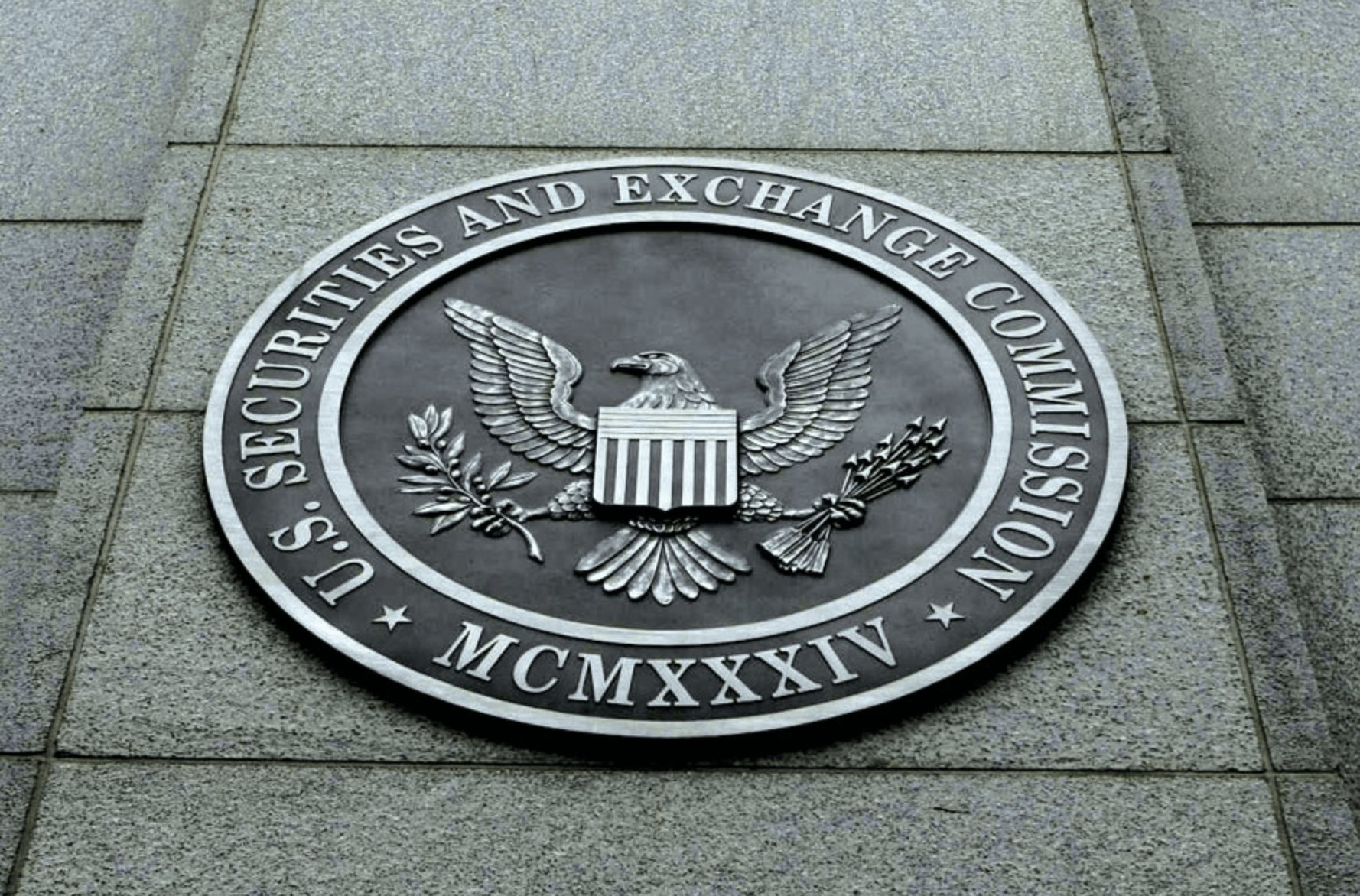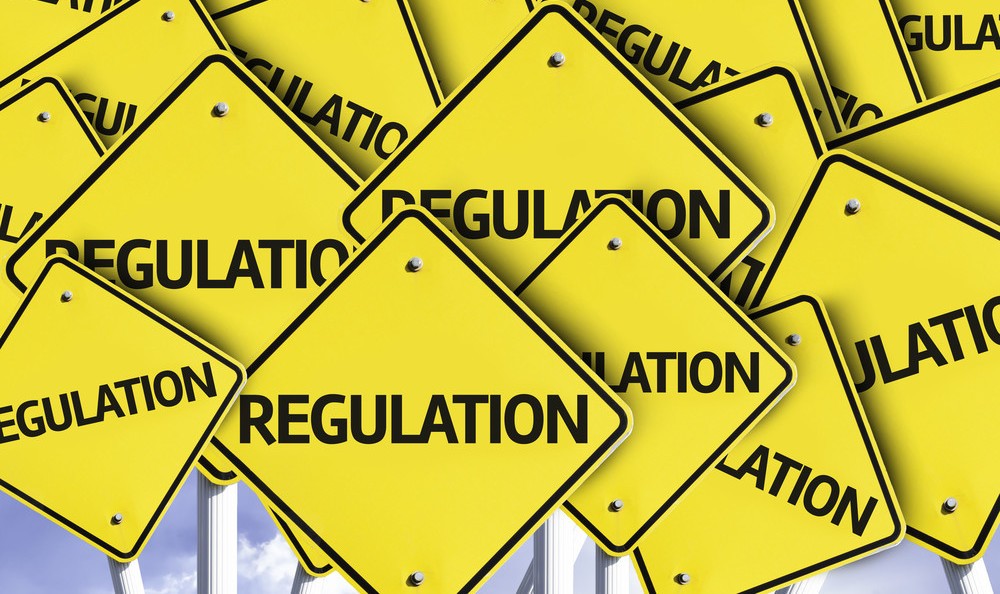Direct Public Offering Attorneys, DPO, Go Public Direct

An Initial Public Offering or IPO is used by issuers seeking to go public using an underwriter. IPOs are typically conducted by issuers listing on the NYSE Stock Exchange (“NYSE”) or NASDAQ Stock Markets (“NASDAQ”). Issuers most often use a Direct Public Offering or DPO in a going public transaction seeking quotation on the OTC Markets. Direct Public Offerings provide a means for a company to go public and sell its shares directly to investors without the use of an underwriter. Even after a Direct Public Offering, the issuer can plan to use the services of an underwriter in the future and/or uplist to NASDAQ or the NYSE.
With a Direct Public Offering, the company files a Form S-1 registration statement with the Securities and Exchange Commission (“SEC”) under the Securities Act of 1933, as amended (the “Securities Act”), if it is a domestic issuer. If the company is a foreign issuer, it can use SEC Form S-1 or Form F-1 for its registration statement.
Both Form S-1 and Form F-1 registration statements offer flexibility, and each can be used to register securities on its own behalf in an initial public offering, to register securities on behalf of its selling security holders in a secondary offering, or register securities on both its own behalf and for selling security holders.
A significant advantage of a Direct Public Offering using a registration statement on Form S-1 or Form F-1 is that the issuer can avoid many of the risks and expenses associated with reverse merger transactions. These can include undisclosed liabilities, sketchy corporate records, DTC Chills, and SEC trading suspensions. Both the NASDAQ and NYSE impose one-year waiting periods for companies after engaging in a reverse merger transaction. Read More
The SEC charges Giuliani Associates Lev Parnas and David Correia
On February 4, 2021, the U.S. Securities and Exchange Commission announced charges against two associates of Rudy Giuliani, the former New York City mayor and lawyer for Donald Trump, alleging they raised $2 million from investors by making false and misleading representations.
According to the Complaint, Lev Parnas and David Correia raised the money for their company, Fraud Guarantee, between January 2013 and mid-2019, but instead of using the money to get the company off the ground as promised, Parnas and Correia misappropriated the bulk of those funds to pay for personal expenses, including travel, jewelry, cars, and disbursements at a casino.
Two Recidivists That Met Behind Bars Busted for Securities Fraud
On January 8, 2021, the Securities and Exchange Commission (the “SEC”) announced settled charges against a Utah corporation, its principals, Mark W Wiseman and Clark J Madsen, and two securities fraud recidivists, Thomas J Robbins and Daniel J Merriman, for orchestrating two inter-related frauds resulting in approximately $11 million in investor losses to around 80 investors.
According to details in the Complaint, Robbins and Merriman met while behind bars serving out sentences from prior securities fraud convictions, sharing stories of their past schemes, and plotting for the future.
Executive Order 13959 Sees Its First Casualties
On November 12, 2020, President Donald Trump signed Executive Order 13959. The Order’s goal is “Addressing the Treat From Securities Investments That Finance Communist Chinese Military Companies”.
The executive order prohibits all U.S. Investors (institutional and retail alike) from purchasing or investing in securities of companies identified by the U.S. government as “Communist Chinese military companies.” The prohibition went into effect on January 11, 2021, and immediately resulted in its first casualties, with 3 listed stocks being delisted and several OTC stocks having their symbols deleted.
SEC Amends Rule 144 for Convertible Notes and Unregistered Dealers
On December 22, 2020, the Securities and Exchange Commission (“SEC”) voted to propose amendments to Rule 144 to eliminate tacking for shares acquired upon exercise or conversion of market-adjustable securities. We have previously discussed the pattern of unregistered dealer activity associated with toxic convertible notes sold to issuers on the OTC Markets. Market adjustable securities are most often promissory notes, warrants, or preferred stock convertible into common or other shares at a dramatic discount to the issuer’s trading price. These types of market adjustable securities are known as “toxic financings” or “death spirals” for a reason. These financings are typically provided by persons acting as unregistered dealers, and they have crippling effects on small businesses and investors.
The SEC’s proposal is consistent with its recent enforcement actions targeting unregistered dealers involved in the business of toxic convertible note lending.
The proposed amendment the treatment of convertible notes under Rule 144 would not apply to securities issued by listed companies, the theory being that exchange listing standards requiring shareholder approval for substantial issuances would largely prevent these dilutive issuances. Read More
Nine Individuals Indicted in Global Resource Energy Inc (GBEN) “Pump and Dump” Scheme
On December 17, 2020, the United States Department of Justice unsealed an Indictment against nine individuals charged in a “pump and dump” stock manipulation scheme involving Global Resource Energy Inc (GBEN) filed in the Northern District of Ohio, Eastern Division.
Charged and arrested in the case were:
-
- Thomas Collins, a relative of the GBEN executive officer, Cathy Collins, described as owning a substantial number of GBEN shares through his family members, co-conspirators, and associates over which he had influence and control.
- Patrick Thomas, a substantial GBEN shareholder and convertible note holder (through View Point Health Investments LLC, Sims Investment Holdings, Gulf Coast M&A Ltd, and Avila P&H LLC).
- Tyler Paulson, a substantial GBEN shareholder and convertible note holder (through Super Boat Marine Inc).
- Hughe Duwayne Graham, an unlicensed stockbroker (through HDG Global Marketing LLC), solicited potential investors using the alias “Michael Strong” to purchase GBEN stock.
- Brian Kingsfield, an unlicensed stockbroker that solicited potential investors to purchase GBEN stock.
- Dale Pearlman, an unlicensed stockbroker that solicited potential investors to purchase GBEN stock.
- Gary Kouletas, an unregistered broker-dealer (through PAG Group LLC) that liquidated shares in GBEN for the benefit of Collins, Thomas, and Paulson, receiving compensation in the form of kickbacks or commissions.
- Paul Giarmoleo, an unregistered broker-dealer that worked with Kouletas at PAG Group LLC and through Private Resources LLC, liquidating shares in GBEN for the benefit of Collins, Thomas, and Paulson, receiving compensation in the form of kickbacks or commissions.
- Damon Durante, a substantial GBEN shareholder through his personal companies (including Verde Asset Management LLC), co-conspirators, and associates over which he had influence and control that received kickbacks and undisclosed commissions for the sale of GBEN stock and paid other unlicensed stockbrokers for soliciting and selling GBEN stock.
SEC Approves NYSE Plan for Direct Listings
On Tuesday, the US Securities and Exchange Commission (SEC) approved a proposed plan by the New York Stock Exchange (NYSE) to let companies raise capital through direction listing.
The plan will allow companies that opt for a direct list to save on bank underwriting fees and raise capital by issuing new shares and selling them to public investors on the first day of trading.
Nasdaq Announces New Proposed Listing Requirements to Advance Diversity
On December 1, 2020, the Nasdaq Stock Market LLC filed a proposal with the U.S. Securities and Exchange Commission (“SEC”) to adopt new listing rules related to board diversity and disclosure.
If approved by the SEC, the new listing rules would require all companies listed on the Nasdaq exchange to publicly disclose “consistent, transparent diversity statistics regarding their board of directors.” Additionally, the new rules would require most Nasdaq-listed companies to have, or explain why they don’t have, at least two diverse directors, including one who self-identifies as female and one who self-identifies as either an underrepresented minority or LGBTQ+.
Congress passes a Bill that forces Chinese stocks to meet US accounting standards
The U.S. House of Representatives unanimously passed legislation on Wednesday that would kick Chinese companies off U.S. stock exchanges if they do not fully comply with the U.S. auditing rules.
The Holding Foreign Companies Accountable Act, which was first introduced in May of 2019, passed the Senate by unanimous vote in May. Next, it will go to President Donald Trump’s desk, where it is expected to be signed into law.
Though the legislation applies to all countries, the bill’s sponsors intended it to target Chinese companies listed in the United States.
Jay Clayton won’t be sitting on his hands during his last month as the SEC Chair
On November 16, 2020, Jay Clayton, Chairman of the Securities and Exchange Commission, announced that he would be stepping down at the end of the year after 3 years and 238 days on the job.
The announcement did not say where Clayton is headed next. But his departure was expected.
SEC Charges Benja and Andrew J. Chapin With Defrauding Investors
Today, the Securities and Exchange Commission (the “SEC”) charged a San Francisco-based e-commerce startup and its chief executive officer with misleading investors about purported contracts with well-known consumer brands.
According to the SEC’s complaint, from 2018 and 2020, Benja Incorporated (“Benja”) and its Chief Executive Officer, Defendant Andrew J. Chapin, raised millions of dollars from investors, and banks, by making false representations about Benja’s business.
SEC Warns Broker-Dealers of Risks Associated with Offshore Omnibus Accounts Transacting in “Penny Stocks”
Last week, the SEC Division of Trading and Markets published a staff bulletin highlighting various risks for broker-dealers arising from certain transactions in “penny stocks” and other low-priced securities. The Commission emphasized that these risks are heightened when the identities of a foreign financial institution’s underlying customer and/or the ultimate beneficial owner of the funds and securities are unknown to a broker-dealer because of the omnibus account structure.
Caveat Emptor Securities Hit with a Big Setback
Last week, E*TRADE, a subsidiary of Morgan Stanley, which offers an electronic trading platform to trade financial assets including common stocks, announced that effective November 21, 2020, customers will no longer be able to open positions in Caveat Emptor securities due to the risks associated with trading shares in these companies.
E*TRADE further stated that Caveat Emptor securities currently held in accounts will be set to liquidation only, meaning you may close or continue to hold existing positions but no new or additional positions may be added. E*TRADE will also prohibit deposits and transfers in Caveat Emptor securities as of the effective date. The full statement can be found on the E*TRADE website.
SEC Awards Two Unique Whistleblower Awards
On November 13, 2020, the Securities and Exchange Commission (the “SEC”) announced an award of over $1.1 million to a whistleblower whose independent analysis led the staff to look at new conduct during an ongoing investigation.
The award is notable because it was a unique case where the receipt wasn’t a person, directly connected to the organization or individual that committed the fraud, sharing insider information, an encouraging sign for diligent shareholders or internet sleuths putting in the time to research and report potential fraudulent behavior.
According to the SEC press release, this whistleblower examined publicly available materials and conducted an analysis that revealed important new insights into the securities law violations, which helped the SEC protect investor assets from dissipation by the wrongdoer. The whistleblower’s information and exemplary assistance helped the agency bring an emergency action preventing further investor harm.
SEC Amends Regulation A, Crowdfunding and Rule 504 Securities Exemptions
On November 2, 2020, the Securities and Exchange Commission (the “SEC”) adopted amendments to the rules for exempt offerings under the Securities Act of 1933, as amended (Securities Act). Among other changes, the amendments (collectively the “Amendments”): (1) establish a new integration framework for issuers to move from one securities offering exemption to another; (2) increase the current offering and investment limits for Regulation A Offerings, Regulation Crowdfunding – Regulation CF and Rule 504 offerings; and (3) amend “Test-the-Waters” and “Demo Day” offering communications rules. The Regulation A and Rule 504 Amendments will become effective 60 days after publication in the Federal Register, and the Regulation Crowdfunding amendments will be effective upon publication in the Federal Register. Read More
Do Blue Sky Laws Apply to Regulation A Resales and Secondary Trading?
 A sometimes overlooked aspect of Regulation A+ is the impact of state blue sky laws on liquidity and resales also known as secondary sales. State blue sky laws are applicable to resales by purchasers in Regulation A Offerings and vary from state to state. From a practical perspective, a company raising capital should consider liquidity for investors and the rules that apply to secondary trading.
A sometimes overlooked aspect of Regulation A+ is the impact of state blue sky laws on liquidity and resales also known as secondary sales. State blue sky laws are applicable to resales by purchasers in Regulation A Offerings and vary from state to state. From a practical perspective, a company raising capital should consider liquidity for investors and the rules that apply to secondary trading.
The trading of securities of issuers listed on National Securities Exchanges like the NASDAQ Stock Market and the New York Stock Exchange (“NYSE”) are exempt from State blue sky laws that govern secondary trading; however, companies on the OTC Markets must comply with state blue sky laws for both their Regulation A+ offering and resales by the purchasers in the offering.
Tier 1 v Tier 2 – Regulation A State Blue Sky Compliance
Regulation A+ includes two offering tiers, each with different characteristics and requirements. Each Regulation A+ tier is treated differently under State blue sky laws.
Tier 1 of Regulation A+ provides an exemption for securities offerings of up to $20 million in a 12-month period, while Tier 2 provides an exemption for securities offerings of up to $50 million in a 12-month period. It should be noted that an issuer offering $20 million or less of securities can elect to proceed under either Tier 1 or Tier 2 of Regulation A+. Read More









